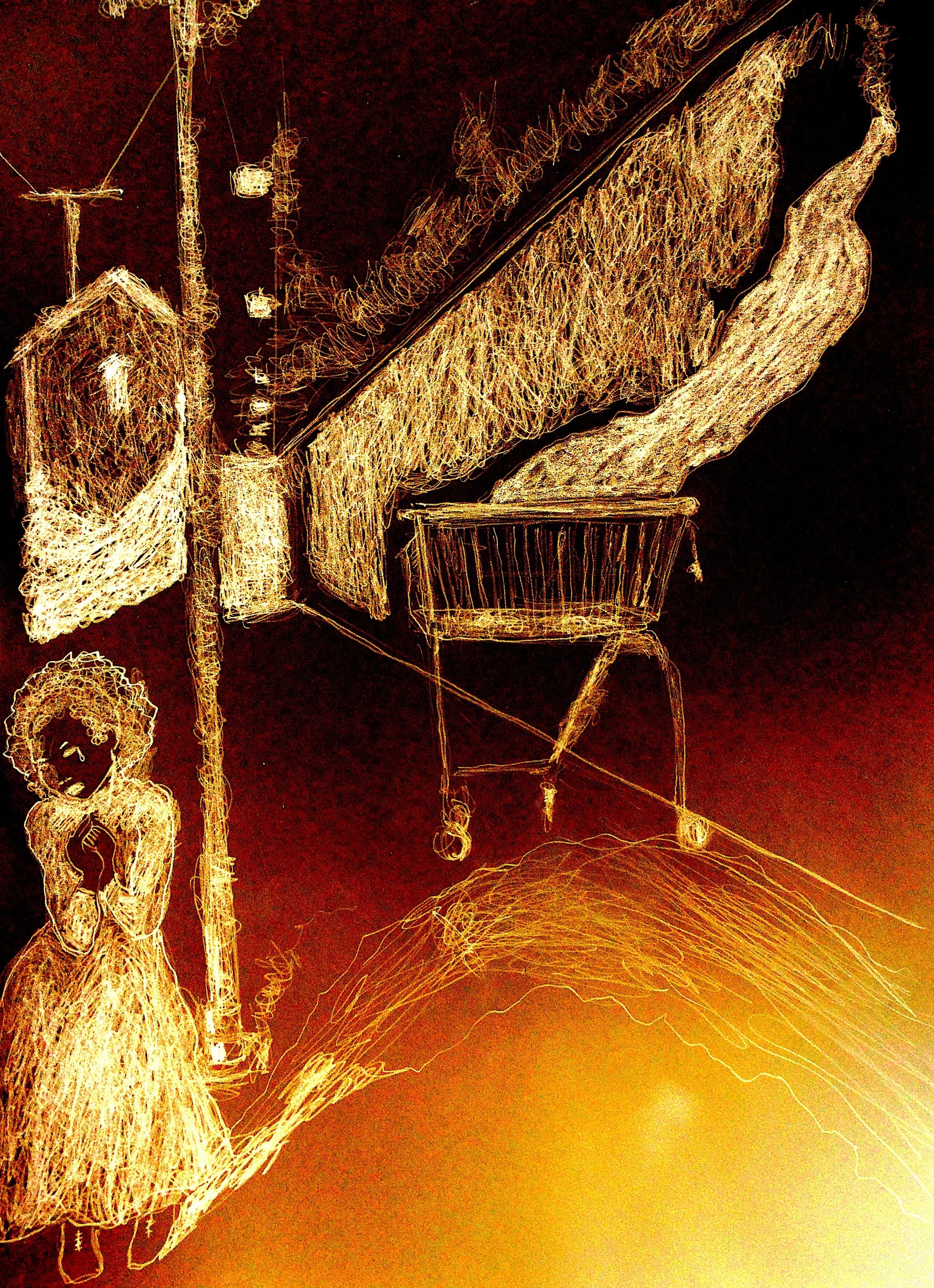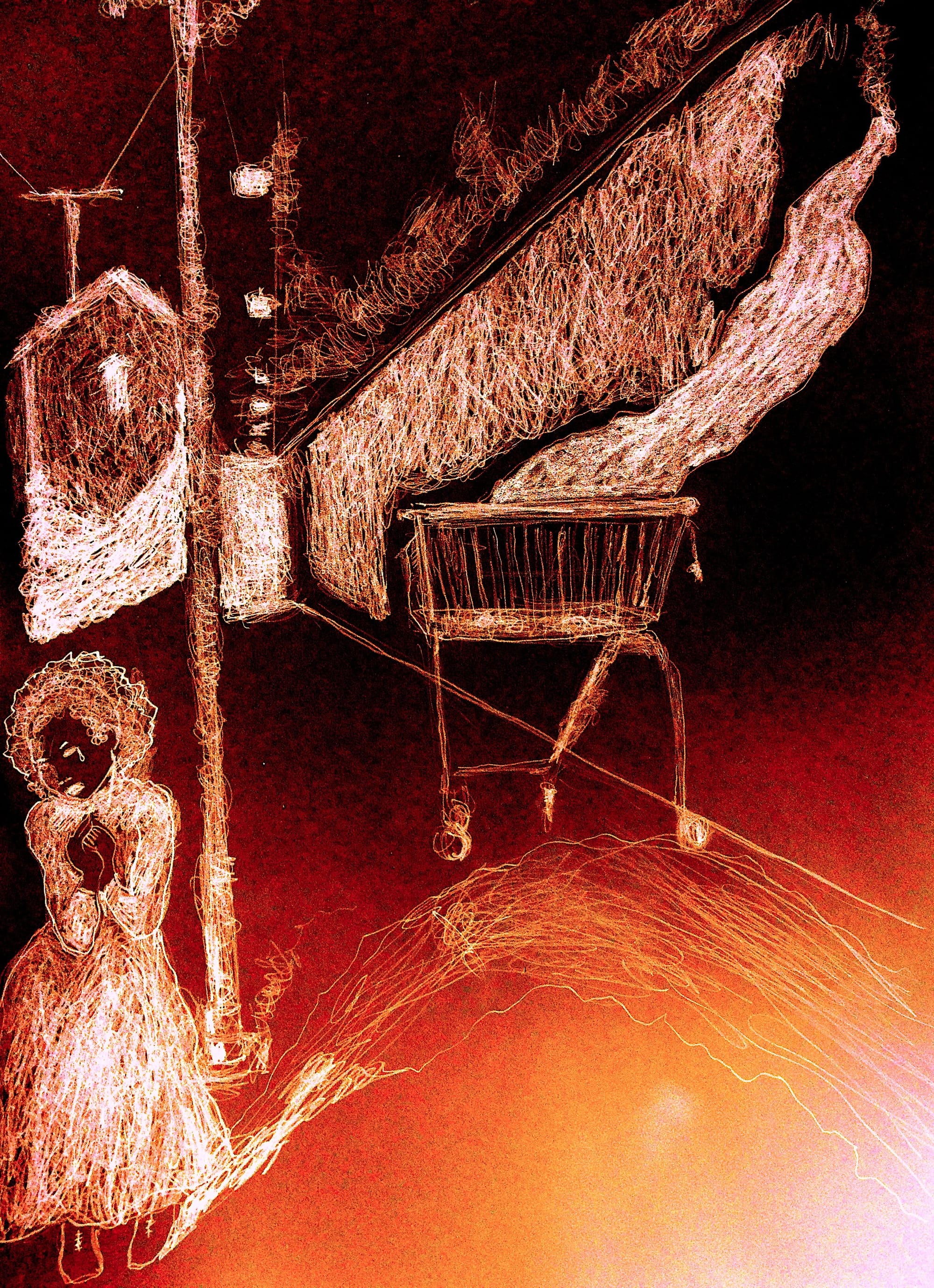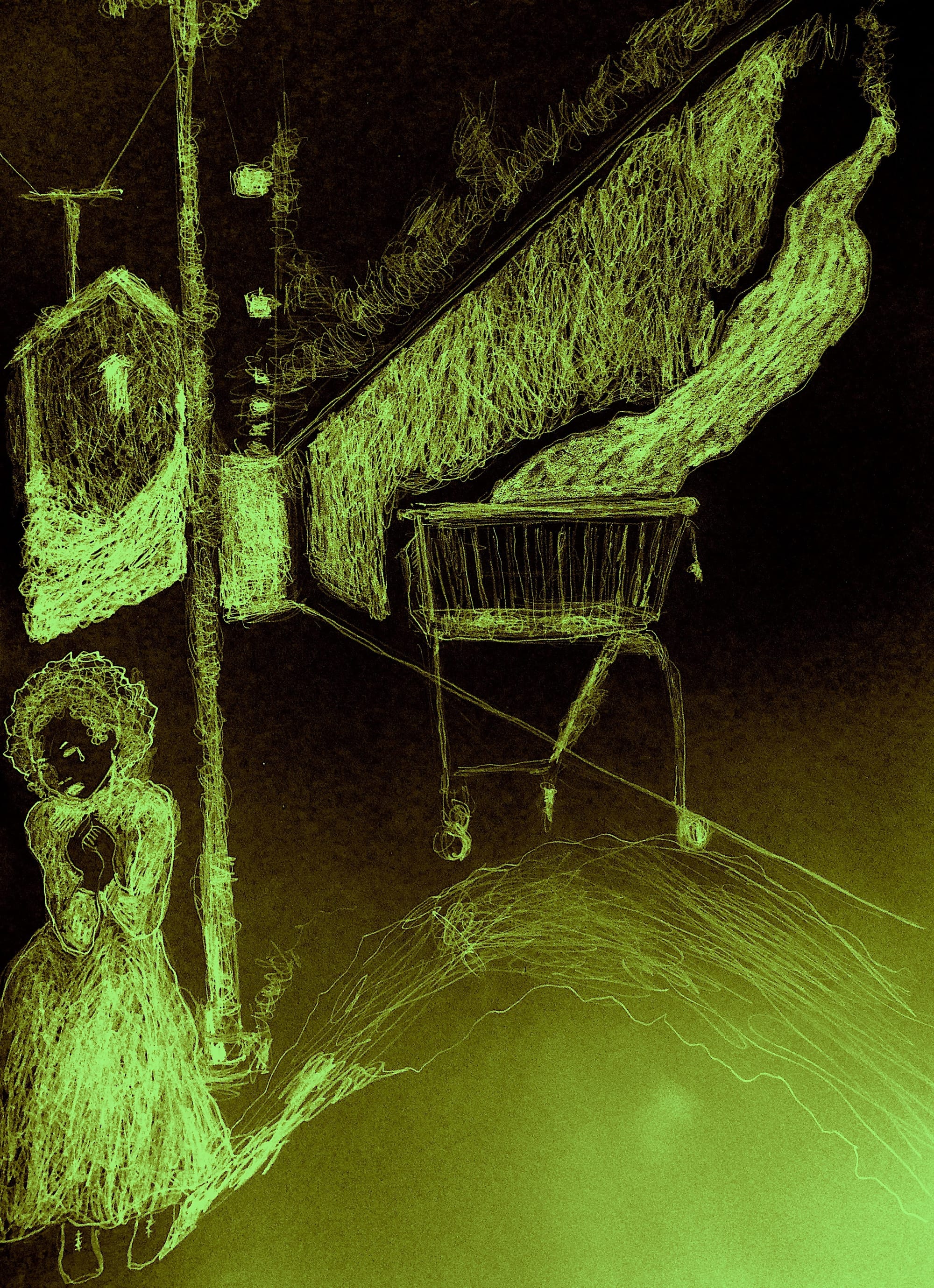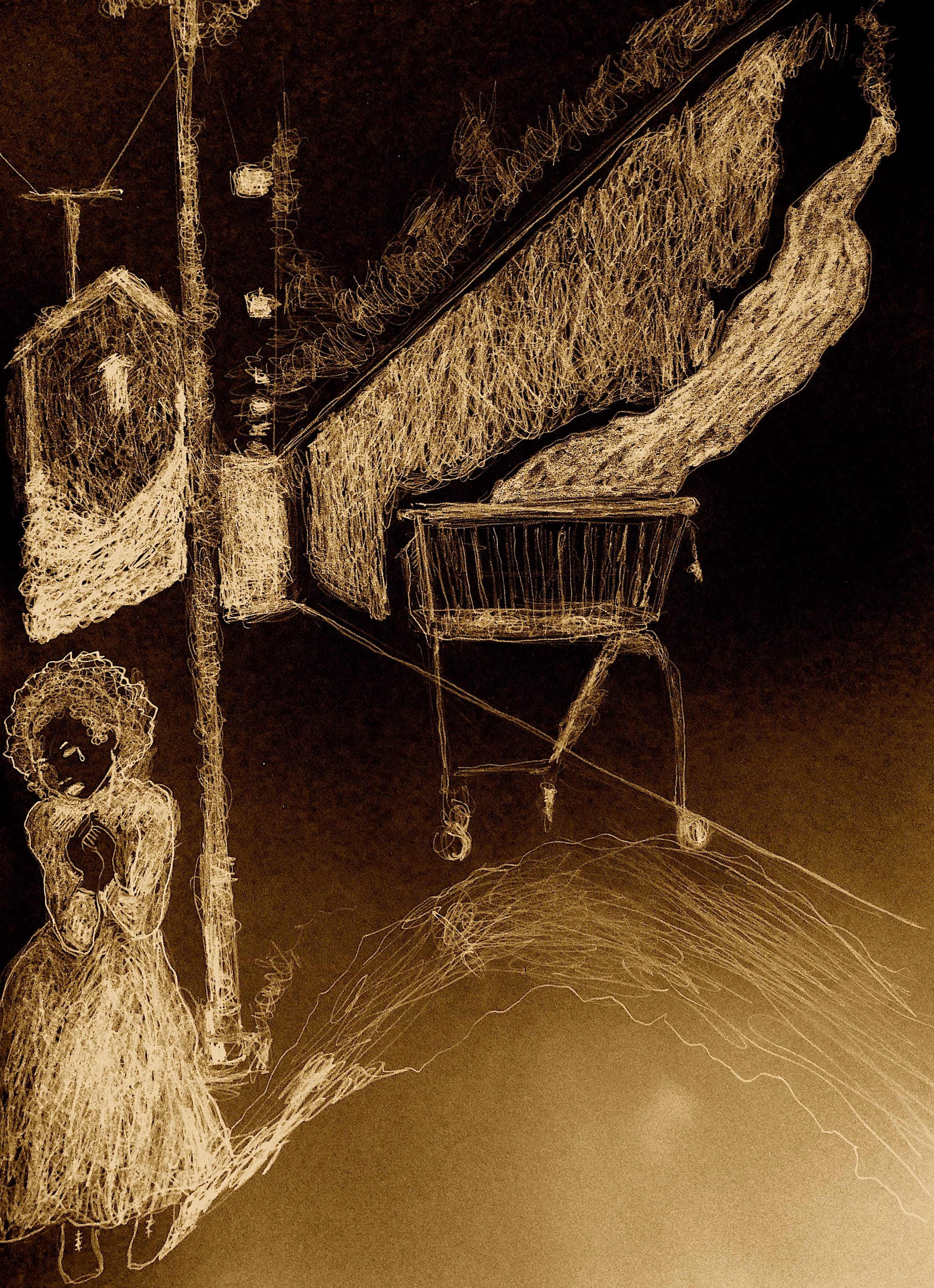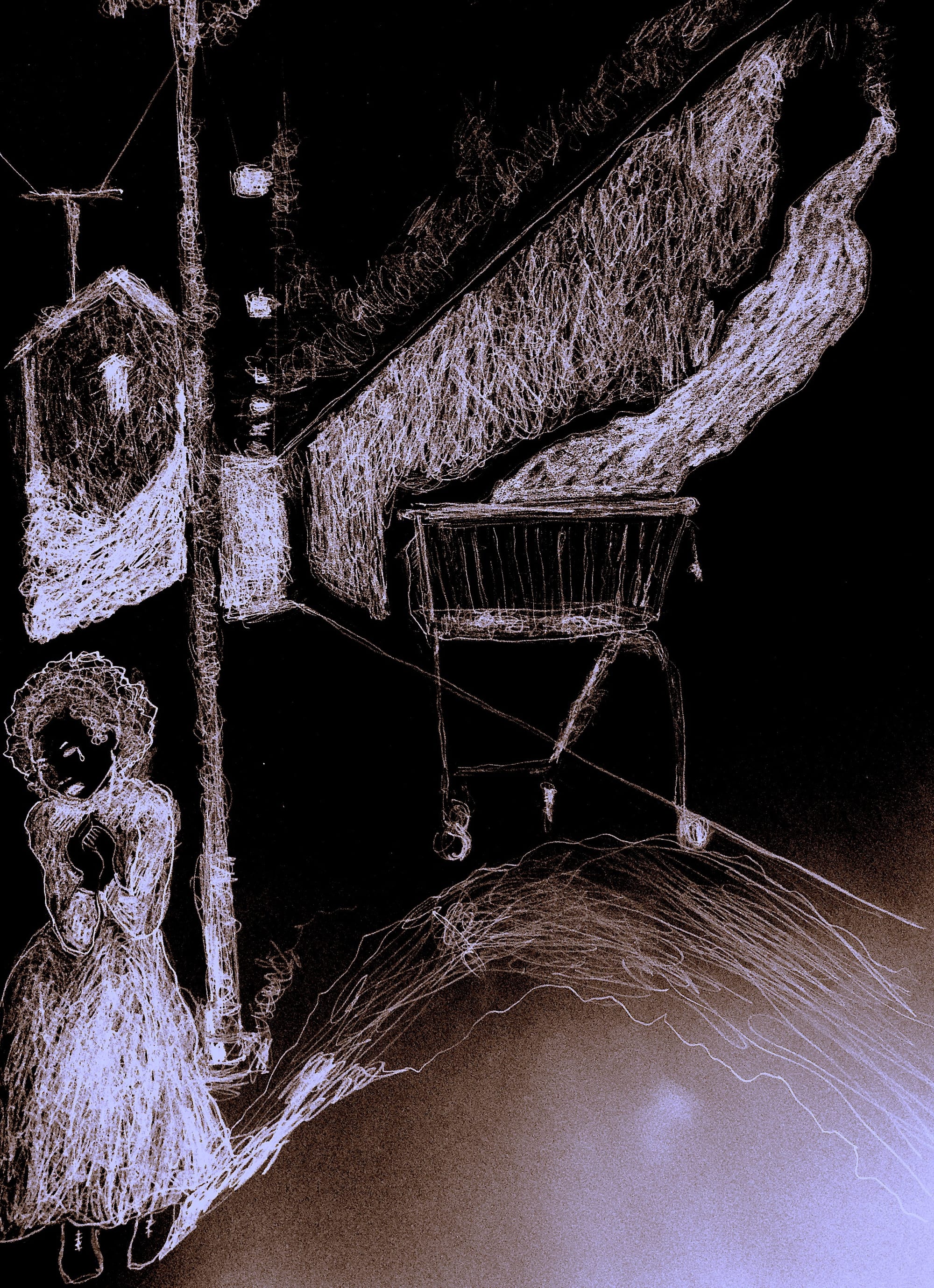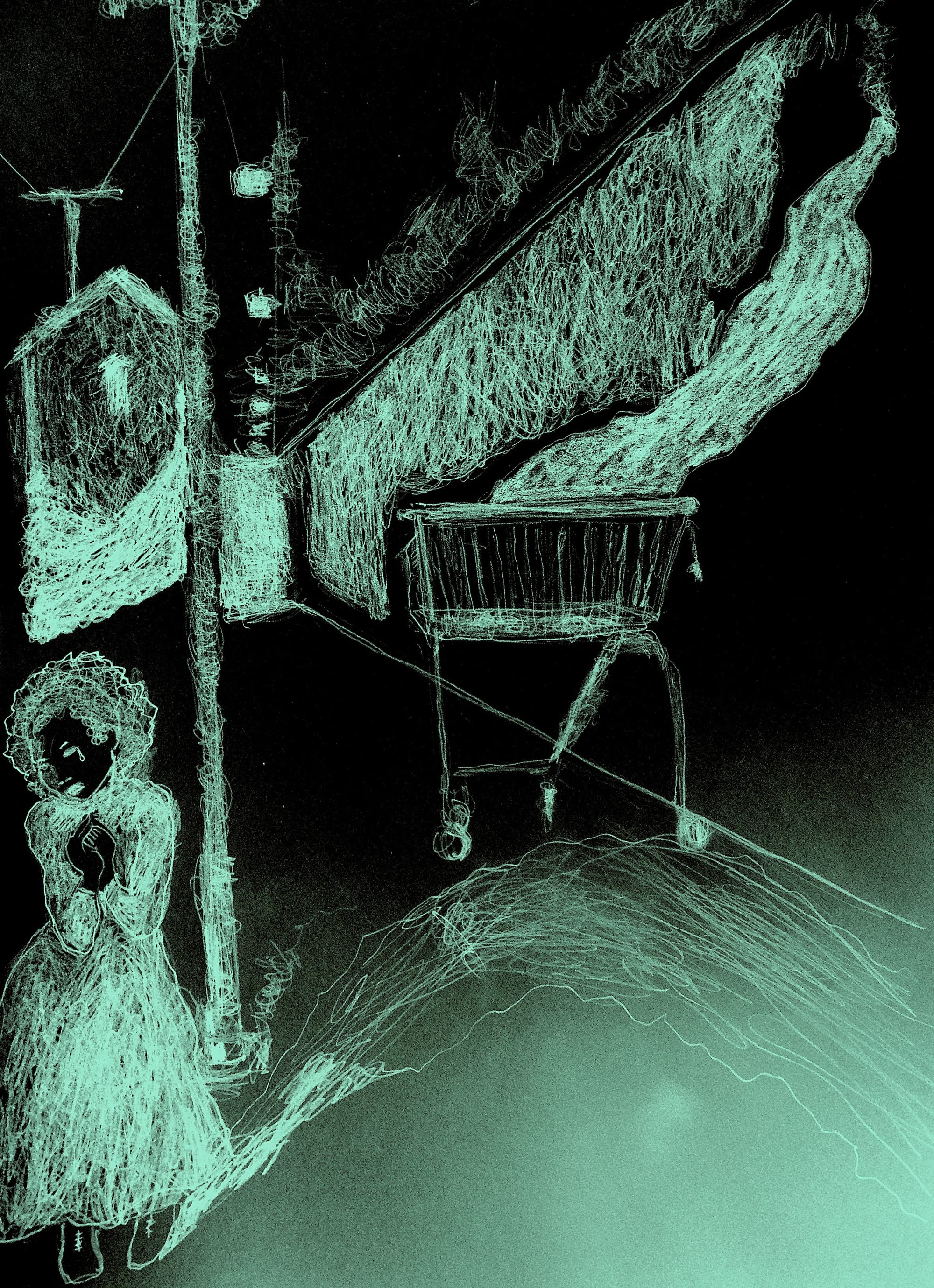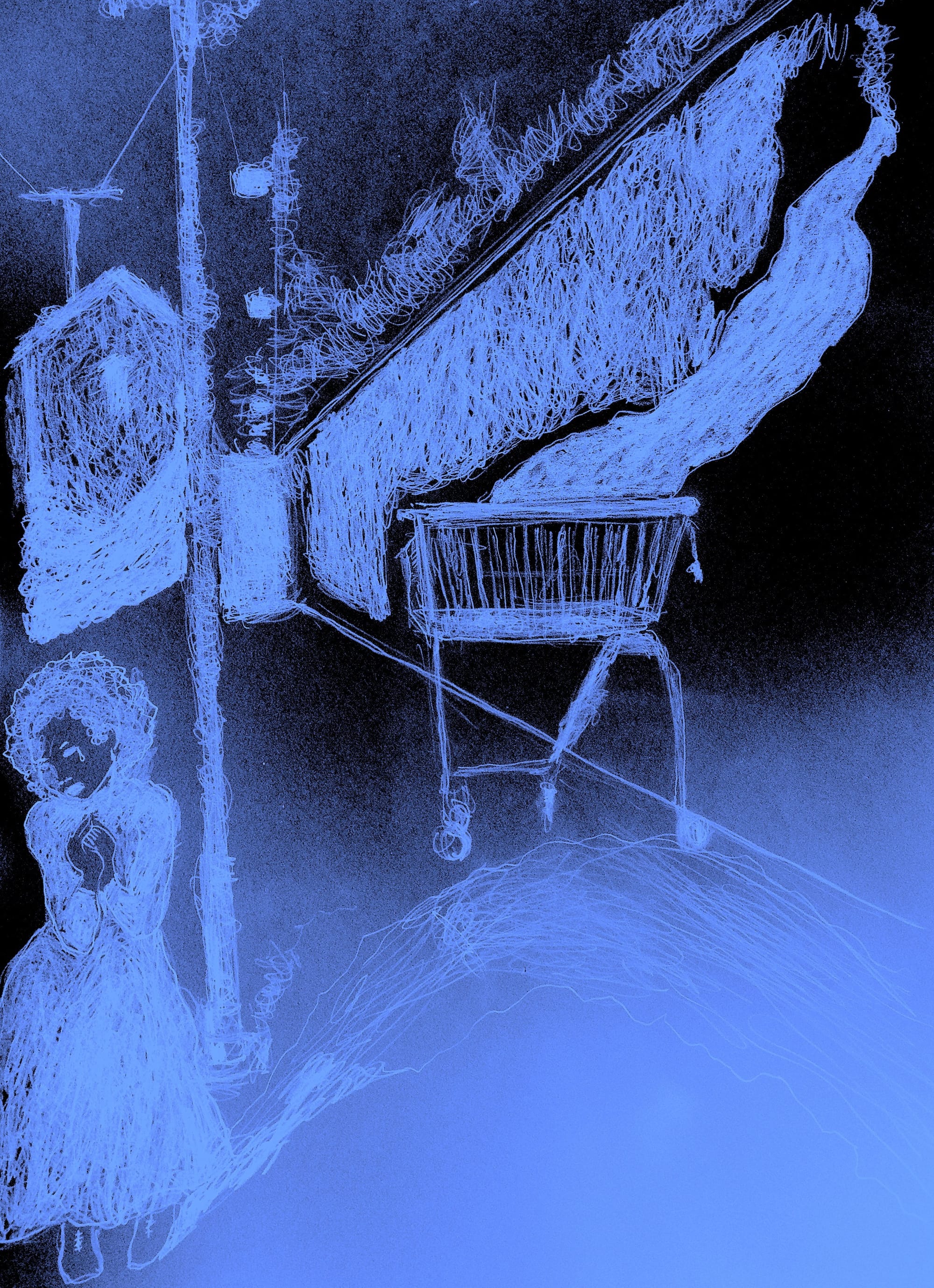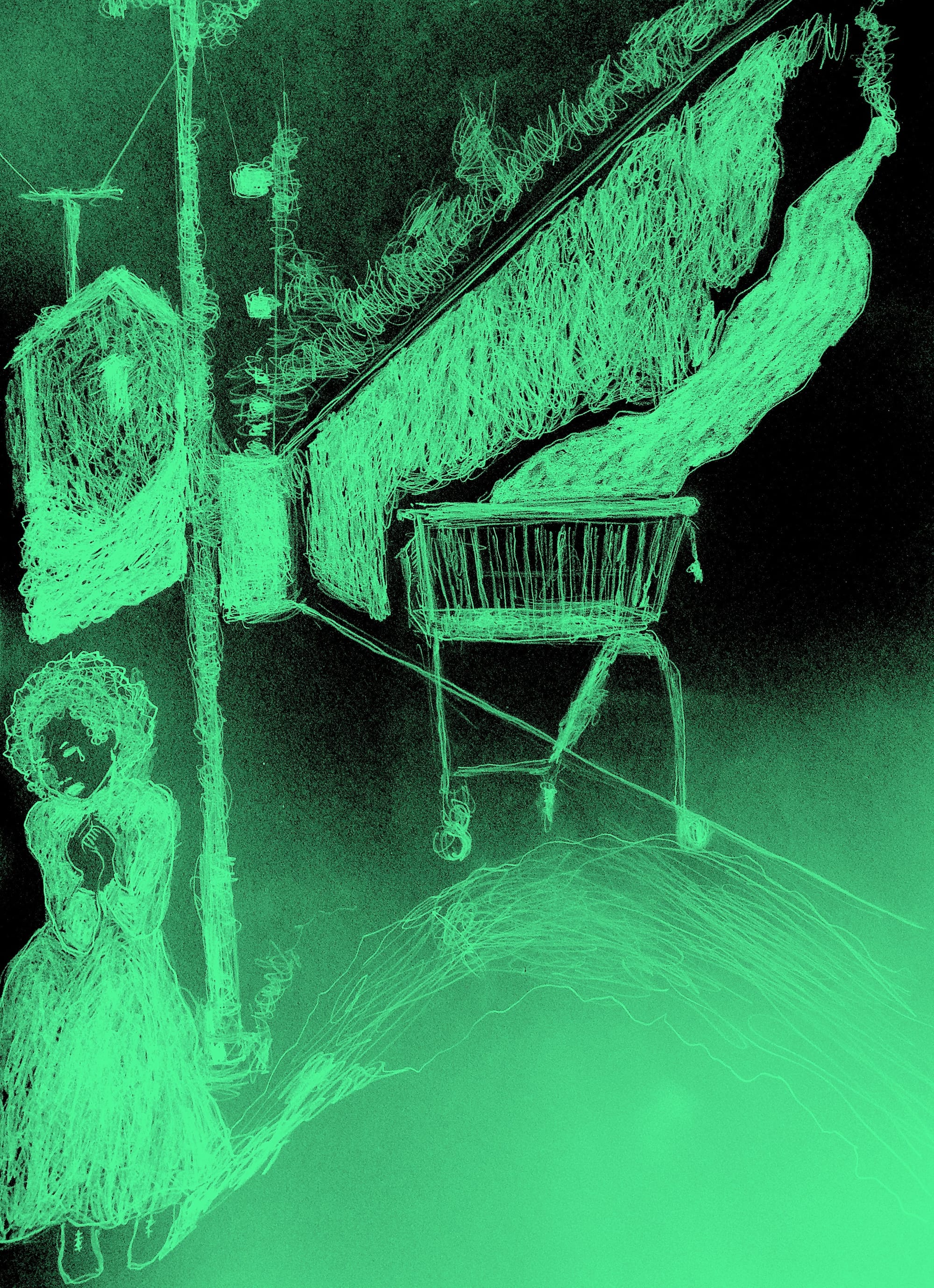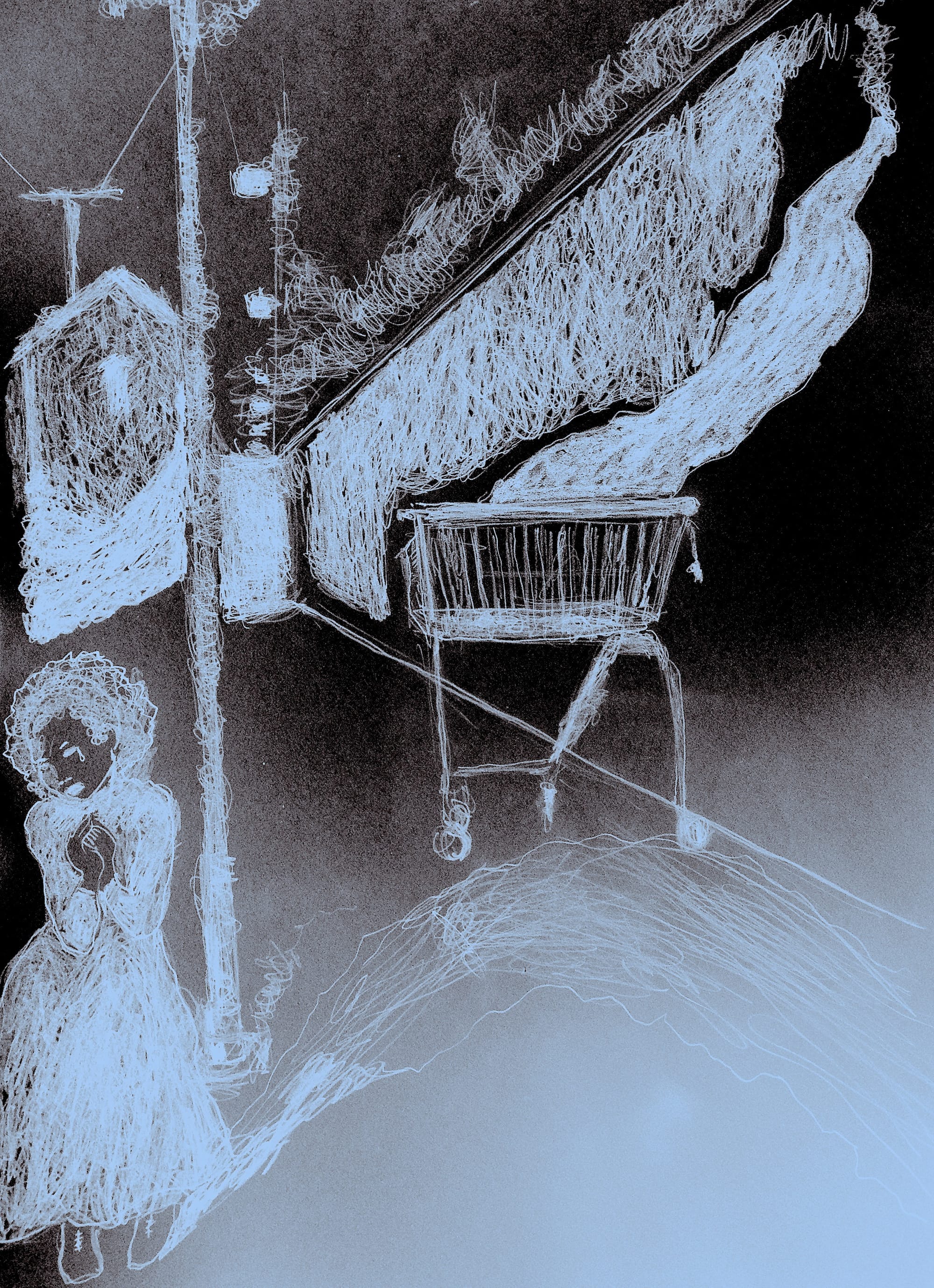Coronavirus pics 10: Abandoned Supermarket Trolley Memory Trauma
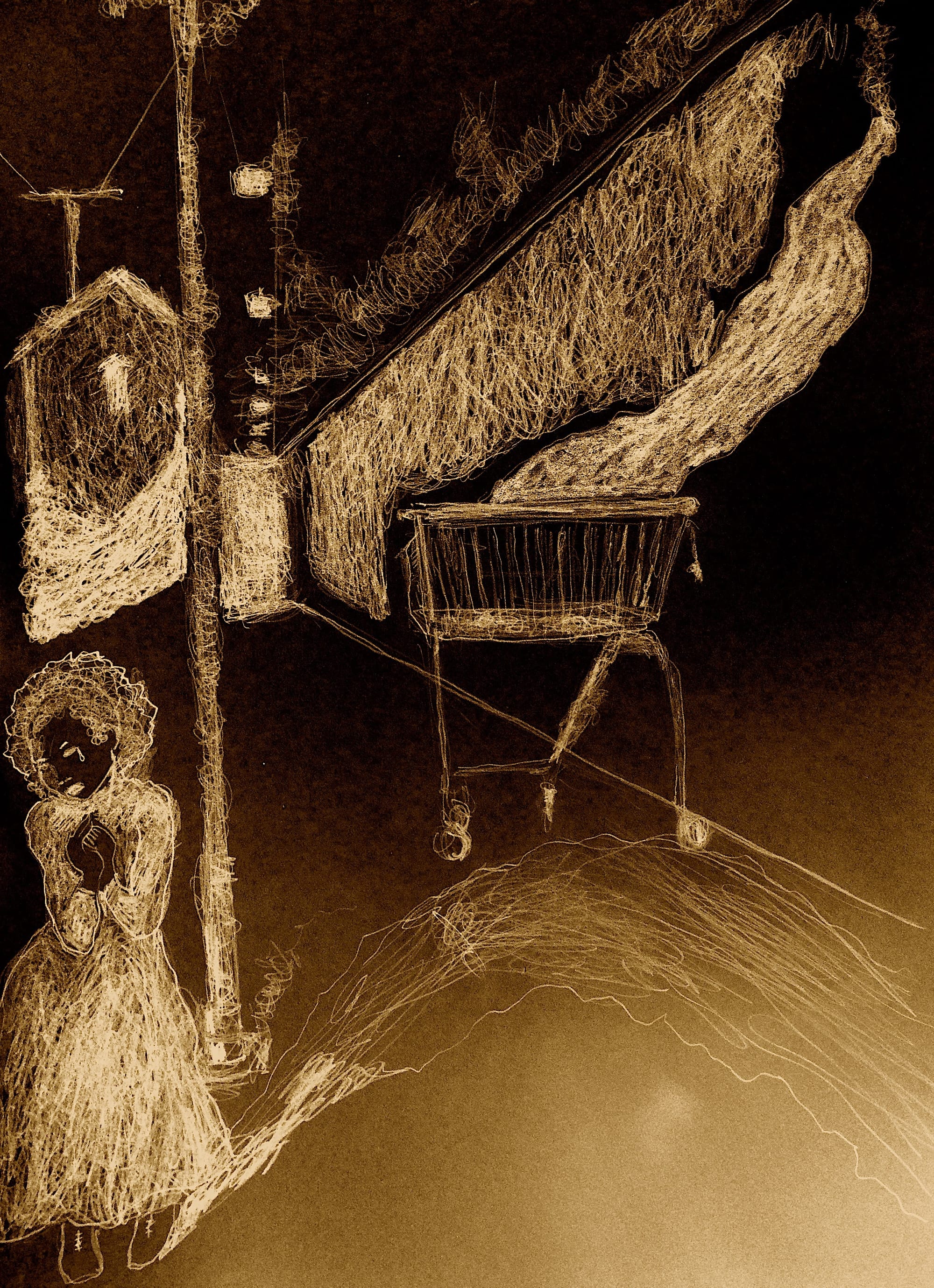
Bacteriology, and especially virology, fascinate me. Even here, to be taken seriously (?), I would have to look at one of the books I've made notes in, cite names, references. I don't want to clutter up my mind or my memory with what I know is at my disposal in my library.
Well then , I have the impression that there is a tendency (oh barely perceptible) towards the simplification of diseases, or, more exactly, that some researches are more or less consciously moving towards a unity of disease.
The Greeks (it was not Hippocratus but, if I'm not mistaken, his successors) have already said that there are no diseases but only sick men.
Then a number of diseases, more and more serious, were discovered and classified. After the bacteria and Rickettsia, the virus was arrived at. Eight-hundred and fifty some at the last census. Now, seen through the electronic microscope, they are all the same and one cannot distinguish one from the other.
Forty-eight viruses just for influenza.
And all evolve. New forms develop from cultures.
By dividing, does one not move towards simplification, to arrive, perhaps, one day at that unity which some foresaw and sought?
Hasn't this unity been attained in physics?
To arrive finally at one disease, Le Mal, Evil, or the destructive principle, but as many forms of this illness as there are invalids.
For a number of years we knew only of four tyes of blood - O, A, B and AB. Then the Rhesus factor was discovered. By now, seventeen or eighteen new subdivisions have been found, and a haematologist told me recently that it is not impossible that each person has a different type of blood.
From there to thinking that the reactions of different types of blood in the presence of an element which is unique in principle but which is transformed by each new contact, that these reactions, say I, constitute the multiform disease, rather than diseases...
There is nothing scientific in this, obviously. But weren't the theoris of Paracelsus often even more literary?
It would be curious, intriguing. The mystic foresees science as Confucious foresaw the composition of the atom...' (Georges Simenon: When I Was Old')
